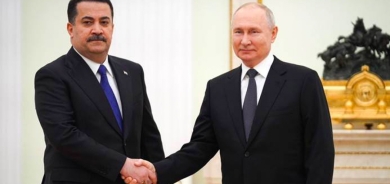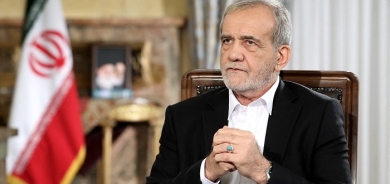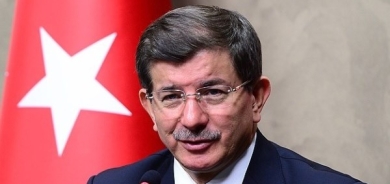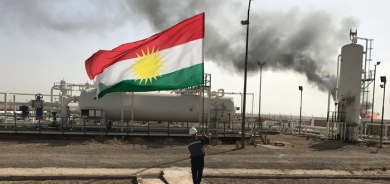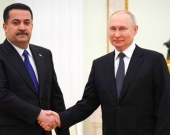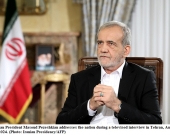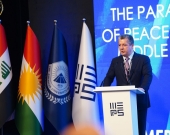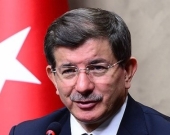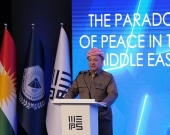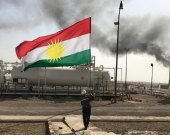Head of Arab observer mission in Syria says violence dipped

“After the arrival of the mission, the intensity of violence began to decrease,” Sudanese General Mohammed al-Dabi told a news conference at the Cairo-based Arab League.
The head of the monitoring team reported 136 deaths and the number includes supporters of both the opposition and the government.
“We have reported 136 cases of killing ... and they included both sides, oppositon and the government, and included the recent explosions,” Dabi told a news conference at the Arab League in Cairo.
There have been several explosions in Syria since the monitors arrived in December.
Dabi’s appointment as head of the Arab mission was heavily criticized by the opposition as well as international rights groups who accuse him of involvement in crimes committed in Sudan’s western region of Darfur.
The U.S.-based Enough Project created to fight genocide and crimes against humanity called Dabi’s appointment as “perplexing” given “his record of turning a blind eye to human rights crimes, or worse,” reported The Sudan Tribune.
The online publication quoted the group’s Sudan analyst Omer Ismail as saying that “alleged war crimes were committed on Dabi’s watch when he was serving as former head of the military intelligence.”
He also said the mission’s job was not to stop violence but to monitor what was happening on the ground and whether Syria was adhering to an Arab peace plan.
“Our job was to check what is going on the ground and not investigate it,” he said.
Syrian activists have been critical of the mission saying it has simply bought time for Assad without ending the violent 10-month crackdown on protests.
“I assure that the heavy military equipment has been withdrawn from all cities ... ” Dabi said.
Despite criticism over the monitors’ failure to end the bloodshed, the Arab ministers agreed to extend the mission, expand it and boost its technical and logistical support.
The extension was, however, overshadowed by Saudi Arabia’s decision to withdraw its own monitors and urge the international community to exert “all possible pressure” on Damascus.
“The mission’s role is monitoring and is not stopping the killing or stopping the destruction or otherwise,” Dabi said, adding that the monitoring mission was sent to check whether Syria was adhering to an Arab peace plan.
That plan included calling for withdrawing the military from residential areas, releasing detainees, giving free access to the media and opening dialogue with the opposition.
“On releasing detainees, statements we got were based on general reports from opposition sources saying 12,000 have been detained or so but when we audited them we found that those reports lacked solid information and could not be verified,” Dabi said.
Hundreds of Syrians have been reported killed since the unarmed observers began their work. At least three monitors have told Reuters of deep civilian suffering and complained that the Syrian government has shown no will to end the crackdown.
Countering those who have said the mission has been buying time for the Syrian government, Dabi said: “I stressed (to Arab ministers) the necessity of bringing forward the peace process so that the national dialogue would take place simultaneously with the monitoring mission’s work.”
The European Union on Monday threw its weight behind an Arab League plan for a transitional government in Syria leading to elections, an attempt to end the violent repression by the regime of President Bashar Assad.
EU foreign ministers also extended measures against Assad’s government by adding 22 more officials and eight more companies to a sanctions regime. EU nations also called for United Nations action to end the repression that the U.N. says has left more than 5,400 people dead.
(Reuters)

